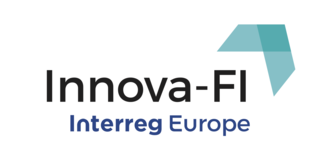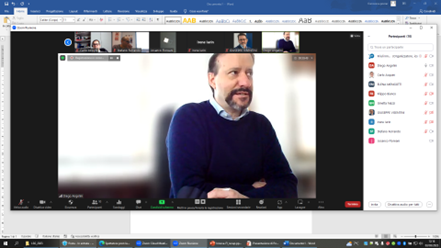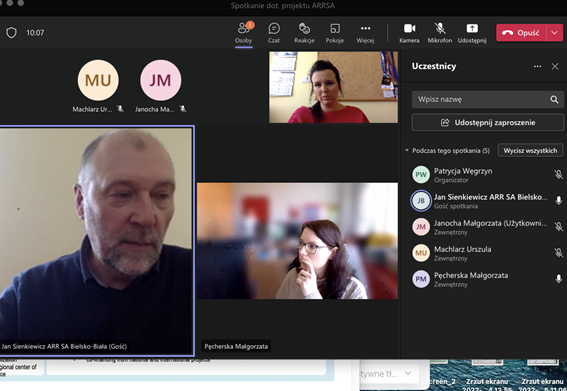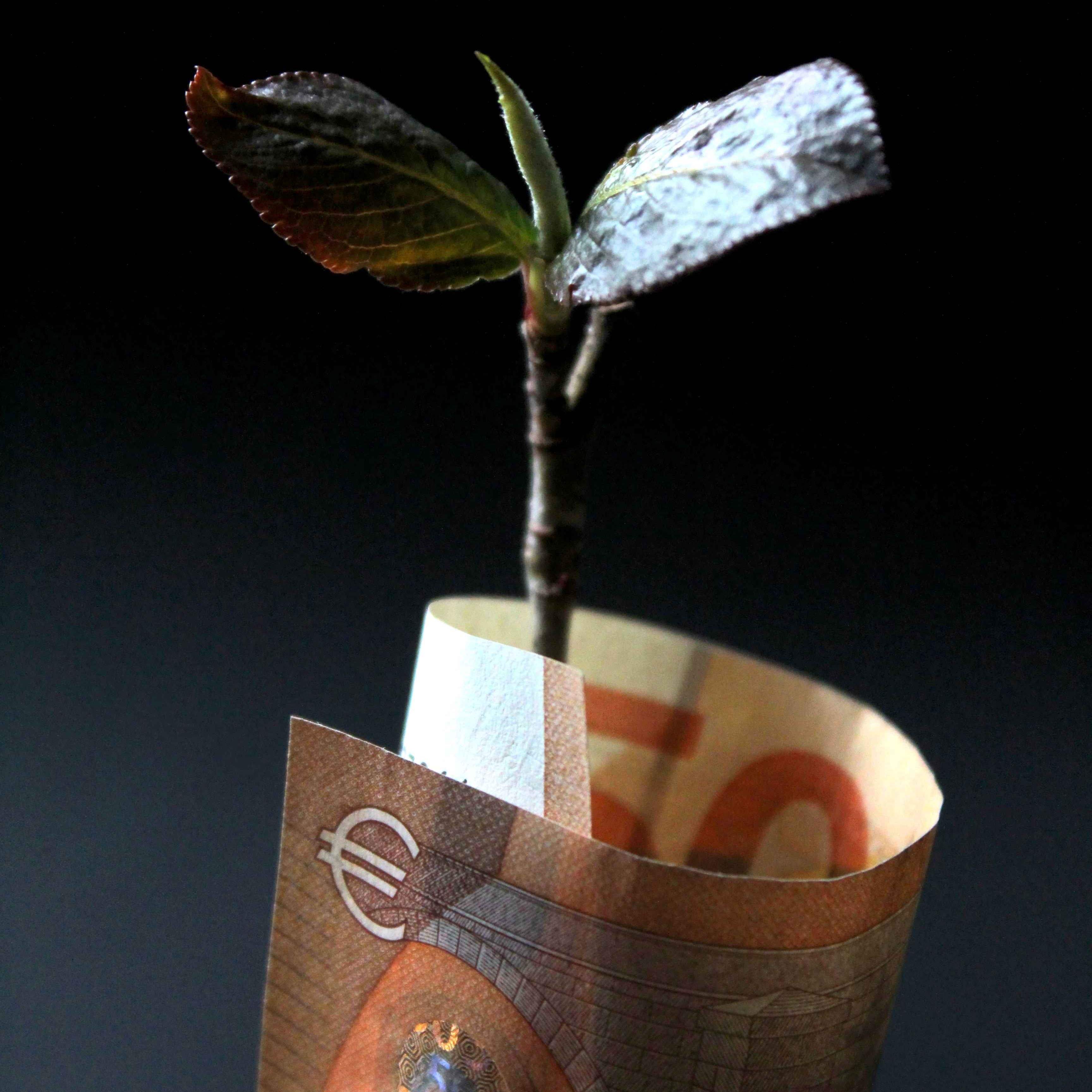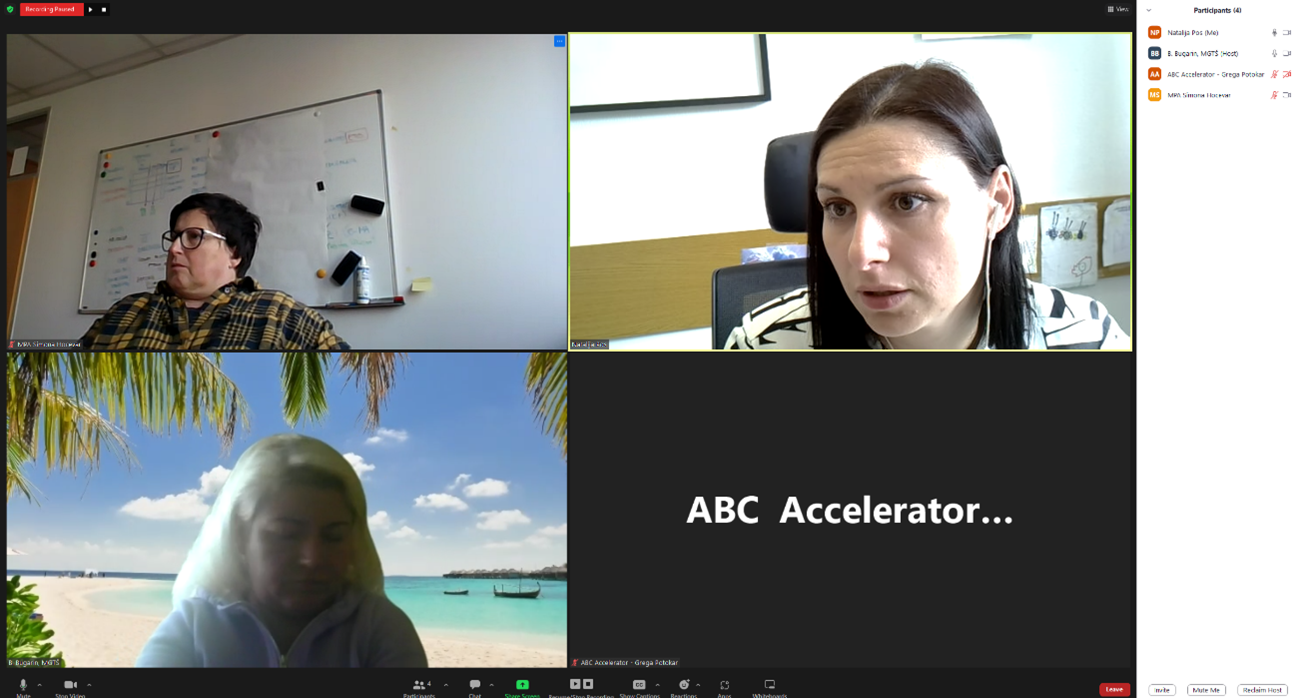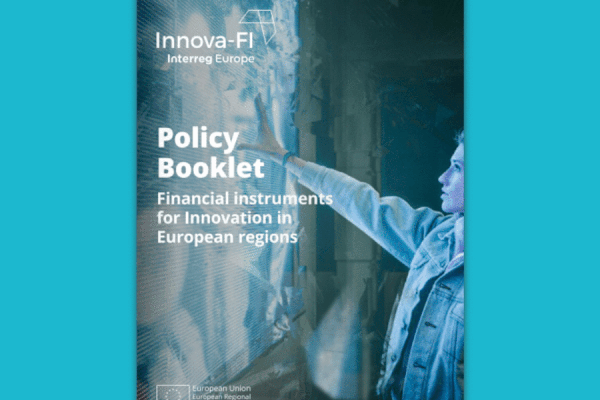Slovenia's response to COVID-19 included launching the FI COVID-19 initiative, offering 65 million EUR in microloans for SMES and loans for RDI. Drawing on lessons learned from the first operation and the Innova-FI project, the initiative was set up quickly and loans up to 25,000 EUR were available with lower interest rates and longer payback periods.
In 2020, when the COVID-19 pandemic began, Slovenia responded by launching the second FI operation (FI COVID-19). This initiative made 65 million EUR of cohesion funds available for microloans for SMES and loans for RDI. Building on the lessons learned from the first operation - FI 2014-2020 - and the exchange of good practices from Innova-FI partners, the second initiative was set up within a few months and the funds were made available to recipients by the end of 2020. The loans were highly desirable due to the lower interest rates, longer grace and payback periods, and availability to SMEs with a credit assessment below B, with loan amounts of up to 25,000 EUR. The first turn of cohesion funds was successfully completed in less than two years.
To support the success of the program, additional interventions were made available to all applicants. These included strengthening competencies, raising awareness, and providing mentoring and tutoring. The goal was not only to help recipients receive the loans but also to help them continue performing their economic activity for years to come.
The Innova-FI project taught us that financial support alone is not sufficient to strengthen and accelerate the economy. Support activities, such as small value vouchers and programs to gain or upgrade entrepreneurial knowledge, are also crucial. Dissemination of knowledge and sharing of best practices between project partners are equally important, as they help to avoid making the same mistakes and learn from the best practices.
